
As of October 1st, 2025, UK households will see electricity prices rise from 25.73p/kWh to 26.35p/kWh under the new Energy Price Cap. This increase adds to the growing cost-of-living pressures many are already feeling. Even a slight increase can have a big impact on household budgets, making it more important than ever to focus on energy efficiency.
To put things in perspective, back in 2010, electricity was just 12p/kWh – half of what it costs now! Even in 2021, prices were lower at 18.9p/kWh. As costs keep rising, finding ways to reduce energy consumption is key to managing expenses. In this blog, we’ll explore what these changes mean for households and how choosing energy-efficient appliances can help you stay ahead of rising bills.
The Importance of Energy-Efficient Appliances
As energy prices continue to climb, assessing how these changes will impact your monthly bills is increasingly important. The ongoing increase in electricity costs makes it essential for households to focus on reducing consumption wherever possible. Aside from layering up and turning down the thermostat, one of the most effective ways to cut costs is by ensuring your household appliances are energy efficient.
Take a look at the efficiency of your current home devices – and any new purchases you may be thinking of buying. While energy-efficient appliances may have a higher upfront cost, the long-term savings on energy bills can make these investments worthwhile. Here’s why prioritising energy-efficient appliances is crucial in this challenging economic climate:
- Savings Over Time: While the initial cost of energy-efficient appliances may be higher, the long-term savings can make these investments worthwhile. Keep reading to learn more.
- Future-Proofing: Energy-efficient appliances are designed to meet or exceed modern efficiency standards, helping to shield you from unpredictable energy price hikes, like the one on the 1st October, and making your home more cost-effective over time.
- Environmental Impact: It’s not just about saving money – it’s about saving the planet! Energy-efficient appliances reduce your carbon footprint and help combat climate change by lowering greenhouse gas emissions.
Key Tips for Choosing Energy-Efficient Appliances
When selecting new appliances, it’s essential to look beyond just the purchase price. Here are some tips to help you choose wisely:
- Know your energy-hungry appliances: Did you know your washing machine and fridge are the hungriest members of your household? Wet appliances (like washing machines and dishwashers) and cold appliances (such as fridges and freezers) consume a massive 27% of your household electricity! Opting for energy-efficient models in these categories can lead to significant savings over time. Check out our guide on how to cut costs and maximise value when choosing appliances.
- Choose the Right Size: Bigger isn’t always better. Ensure you are buying the correct size for your needs. For example, a 9kg washing machine may be necessary for large families, but smaller households may save money by opting for a more modestly sized appliance.
- Understand Energy Labels: Think of energy labels like a school report for your appliances – A+++ is the star pupil, and F…let’s just say it could do better. In the UK, appliances are graded from A+++ (the most energy-efficient) to F (not so eco-friendly). But here’s the trick: when comparing, make sure you’re looking at similar items. For example, comparing the energy usage of a 7000 BTU air conditioner with a 16000 BTU model isn’t a valid comparison since they serve different capacities. The same principle applies when comparing cost to run data, don’t compare the cost to run of a 10L dehumidifier and a 25L dehumidifier. The smaller dehumidifier will always have a lower cost to run price, however it will extract less water meaning you may have to run it for longer!
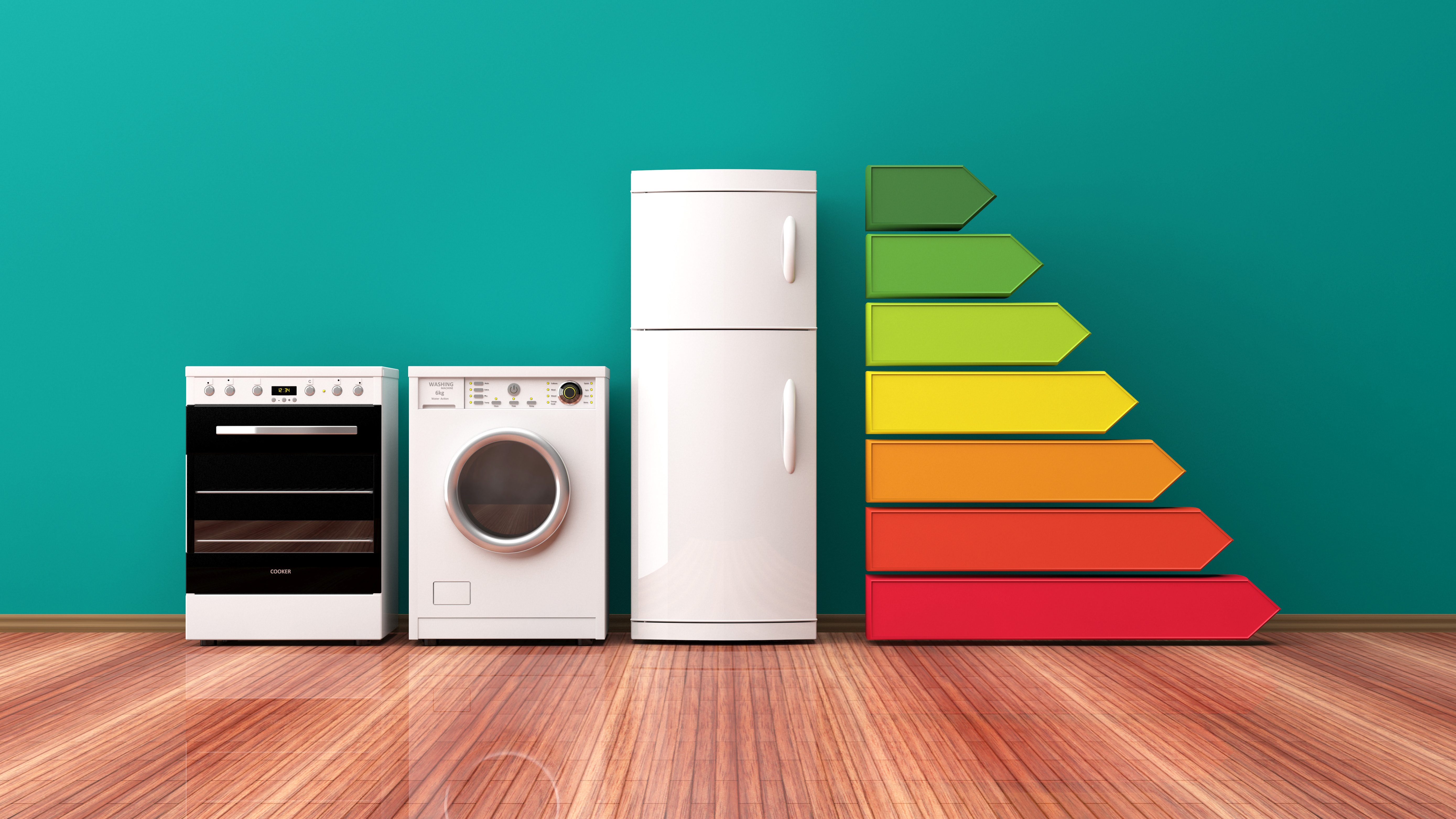
- Calculate Comparable Costs: Want to know how much an appliance will really cost you over time? Simply multiply the appliances kWh rating by the current energy rate (26.35/kWh). Some appliances, such as dehumidifiers, may not have energy labels. In these cases, you can check the wattage to estimate how much energy they consume per hour. If a company isn’t transparent about running costs, this method allows you to work it out yourself.
At Meaco, we believe in transparency, which is why we display the running costs of each product on their respective pages. We encourage other manufacturers in the industry to do the same.
Let’s make it simple: You’re comparing two dehumidifiers at your favourite UK retailer. One is a Arete® 20L Dehumidifier, ideal for large homes, families, and drying lots of laundry. It uses 216 watts, which is 0.216 kWh. At 26.35 p/kWh, it costs just 5p per hour to run.
Not all 20L dehumidifiers are this efficient. Another 20L dehumidifier (lets call it Dehumidifier X), based on a real model on the market right now from a different dehumidifier brand, costs £189.99 to purchase, uses 450 watts, costing 11p per hour to run.
Here’s the cost breakdown for 6 hours of daily use:
- Arete® 20L Dehumidifier: 5p/hour x 6 hours = 30p/day
- Dehumidifier X: 11p/hour x 6 hours = 66p/day
Now, let’s look at the bigger picture:
- Arete® 20L Dehumidifier: 30p/day x 365 days = £109.50/year
- Dehumidifier X: 66p/day x 365 days = £240.90/year
Dehumidifier X may be £100 cheaper upfront, but over one year, it’ll cost you an extra £131.40 to run. After two years, that initial £100 saving disappears, and by five years, you’d spend an extra £657 on running costs alone.
This shows how choosing the cheaper option can end up costing a lot more in the long run – money that could cover months of food shopping for a family.
Tip: Apply the Formula to Any Appliance: You can use this simple formula to calculate running costs for any appliance in your home. From washing machines to fridges, ovens, and even TVs, this trick will help you find the most energy-efficient (and budget-friendly) option!
Maximising Energy Efficiency at Home
Beyond choosing energy-efficient appliances, consumers should also focus on making sure their home is as energy-efficient as possible. Small changes such as using devices only when necessary, sealing drafts, and switching to LED lighting can make a big difference. Ofgem’s energy-saving list is packed with easy ways to cut consumption.
As the temperatures drop, you may find yourself drying laundry indoors much more often. It’s important to remember that in doing so, we are increasing the moisture levels in our homes. To combat this, investing in a Meaco dehumidifier and air circulator can dry your clothes quickly and efficiently while protecting your home from damp, mould and condensation. Not only will these appliances enhance your laundry drying process, but they can also save you up to £300 a year. The MeacoDry Arete® One Dehumidifier and Air Purifier allows you to dry your clothes without the high costs associated with tumble drying or central heating, creating a more comfortable living environment in the process. Discover the full benefits and learn how to maximise your savings by checking out our detailed guide on drying laundry effectively with these Meaco appliances.
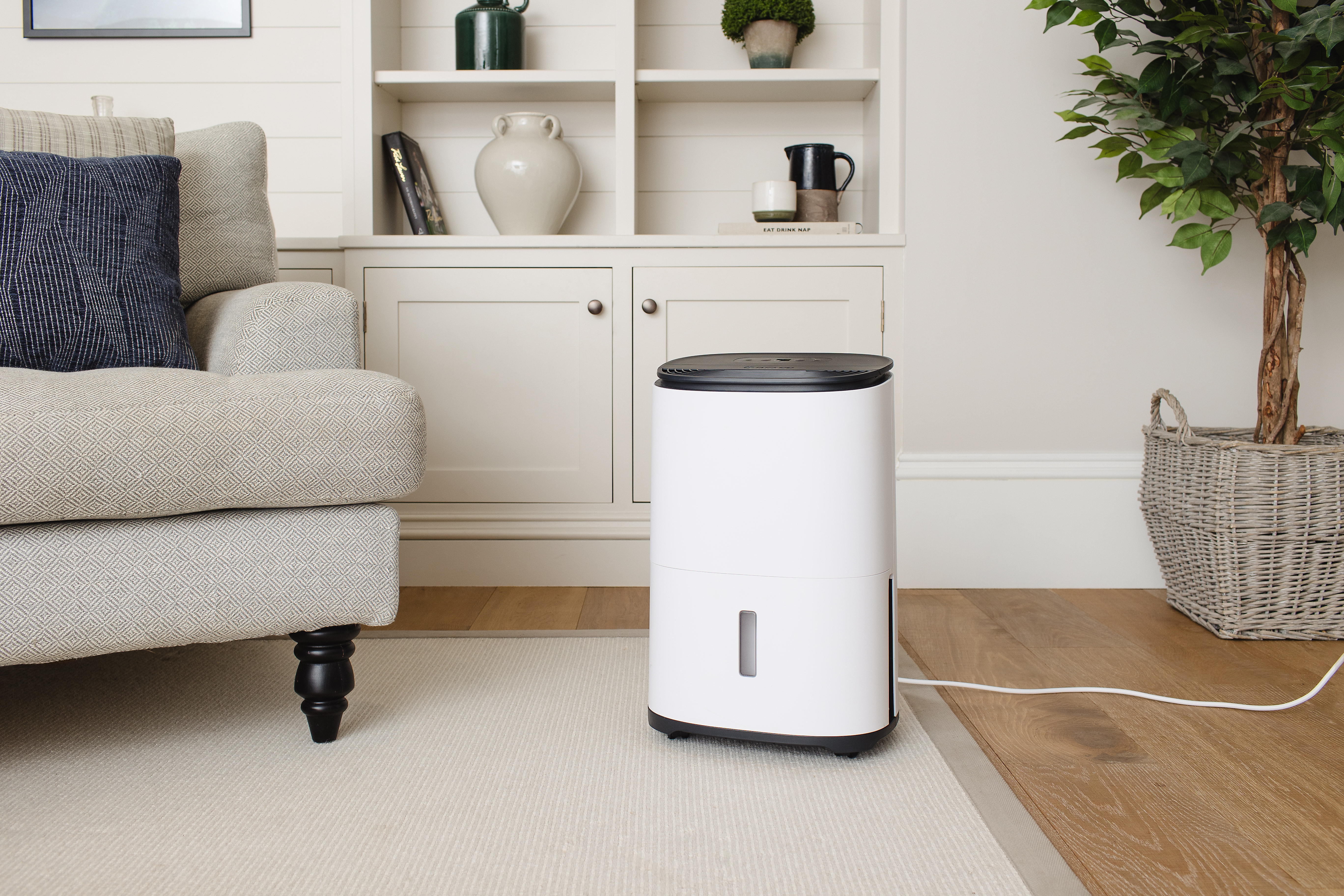
Energy Efficiency Takes Center Stage at Meaco in 2025
At Meaco, we recognise the importance of energy efficiency and cost savings for our customers, especially in the current climate. That’s why all of our products are designed to be as energy-efficient as possible. None of our devices will drain energy unnoticed – each of our products complies with the latest European Eco-Design Directive, consuming less than half a watt in standby mode. This means they won’t act as ‘vampire devices’ that waste energy (or money), offering peace of mind and cost savings.
To make things even easier, every Meaco product page includes a handy “cost to run” section. We break down exactly how much each device costs to operate, based on the latest electricity rates, giving you total transparency. For example, our MeacoDry Arete® Two 10L Dehumidifier/Air Purifier runs at just 3p per hour, while the MeacoFan Sefte® 10″ Table Air Circulator costs less than 1p per hour to run.
With energy prices continuing to rise, choosing energy-efficient appliances today can lead to significant savings over time. While the upfront cost is important, the real game-changer is how much you save on your energy bills over time.
Look out for our “Better air, Lower bills” logo on our most energy-efficient products, and visit our website for accurate running cost figures and see how Meaco can help you stay efficient and cost-conscious!
Featured:
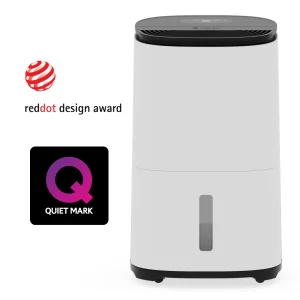
MeacoDry Arete® Range
Combined Dehumidifier/ Air Purifier
Our latest technology
Whisper quiet – from 35 dB

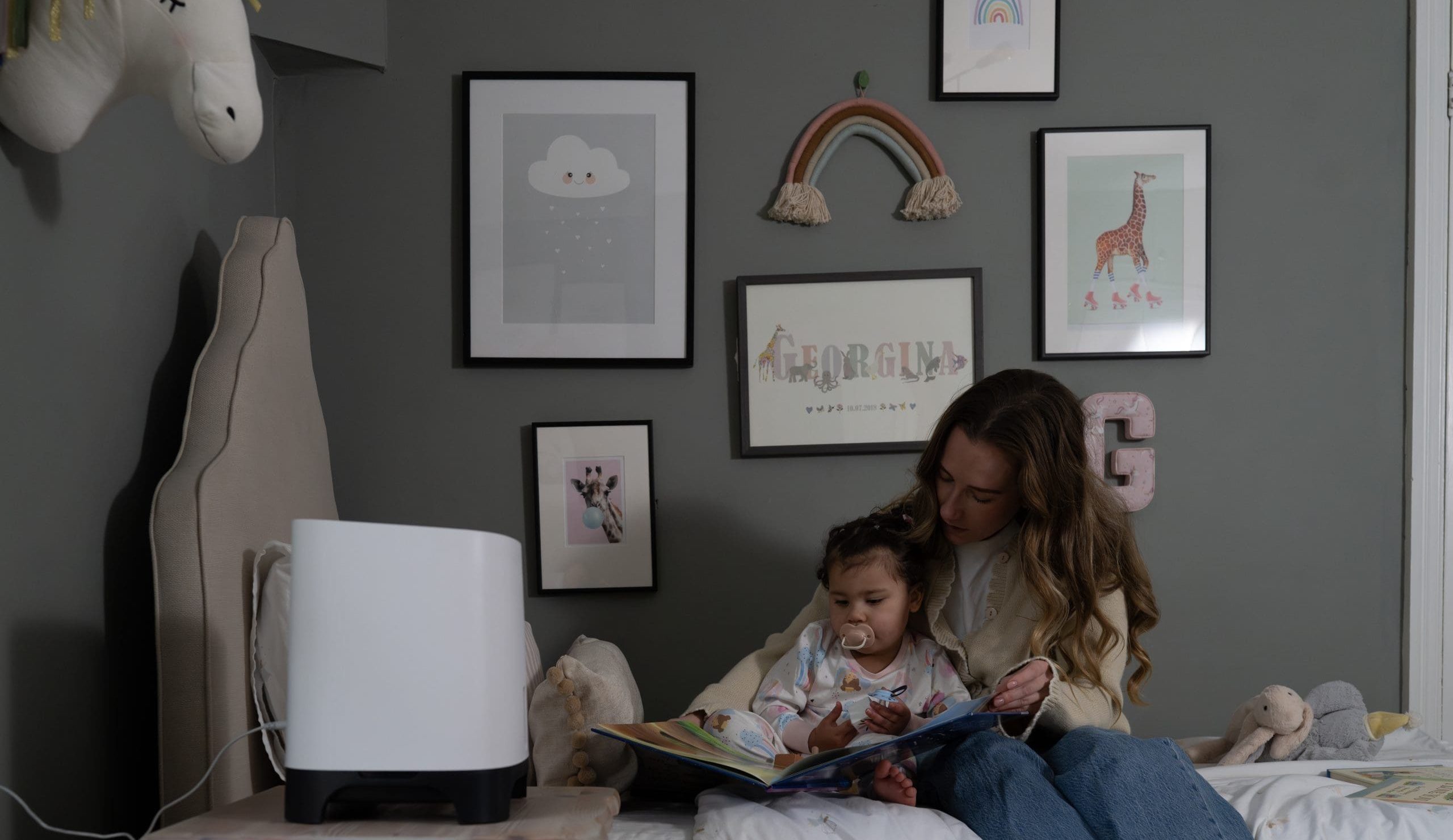


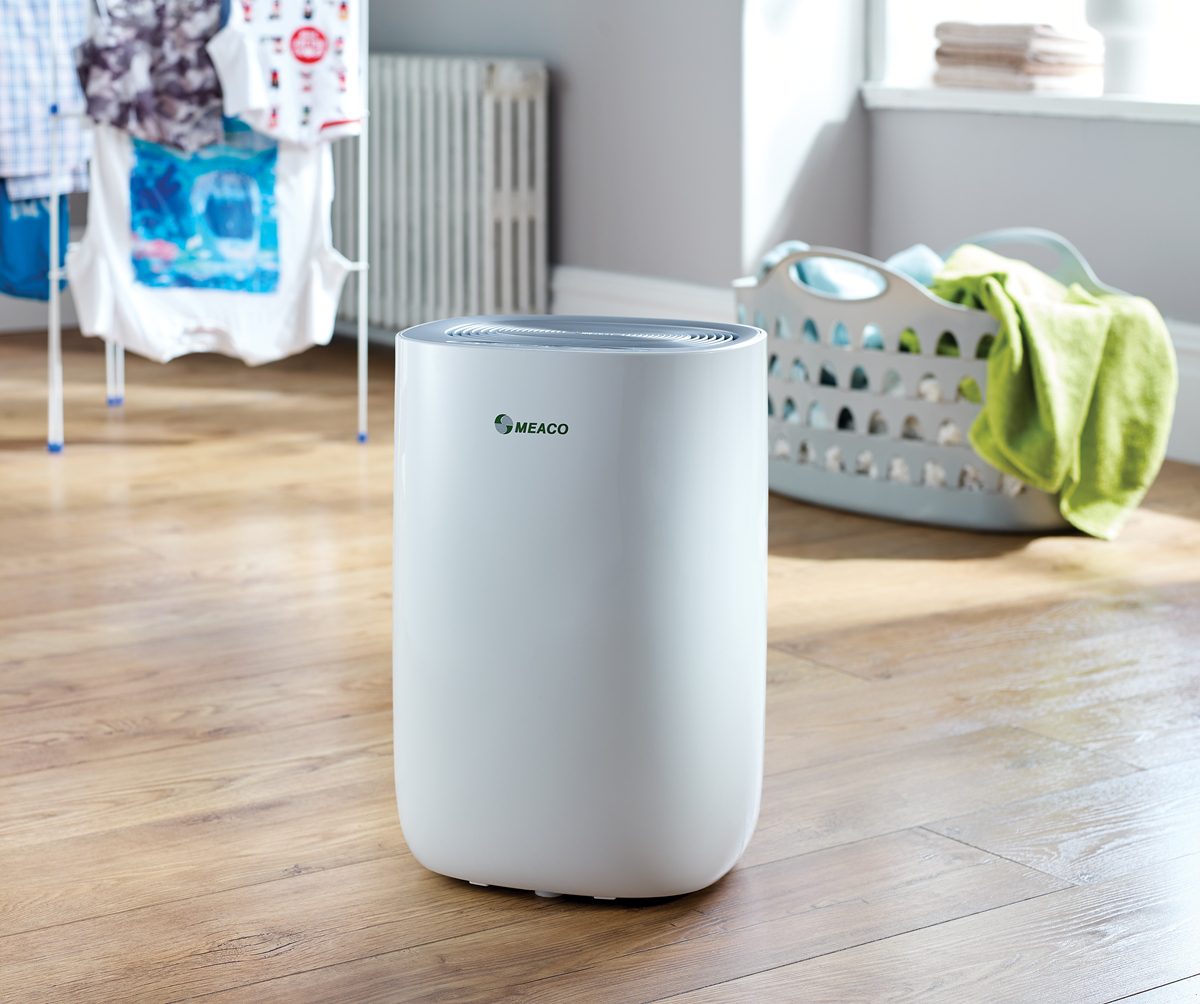
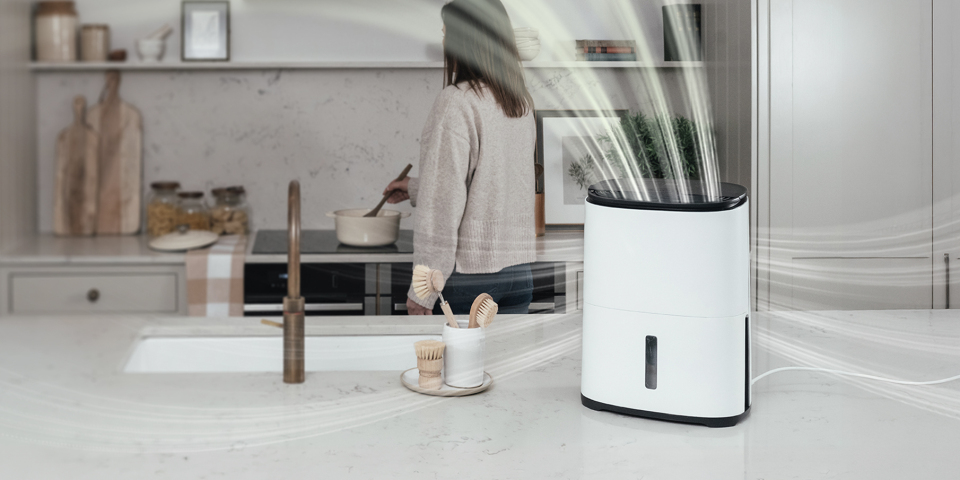
2 responses
Hi,
I have 3 Meaco appliances and I am a ‘supporter’ of the company, I like your clear explanatory articles. In the article discussing the energy price increase in Oct 25, you show the following calculation:
Arete® 20L Dehumidifier: 30p/day x 365 days = £109.50/year
Dehumidifier X: 66p/day x 365 days = £240.90/year
It’s clear, but I think on this occasion it overstates the efficiency benefit. In my opinion I think that the simple error is that you multiply the cost per day times 365 days. There are of course 365 days in a year but the dehumidifier won’t run every day. I use mine very little over the summer months from May through to end September. Additionally I will be away for some of the winter months. So a fairer comparison would be to use, say, 200 days per year in the calculation.
Best wishes
Mark
Mark,
Thank you for your thoughtful feedback and for being a supporter of Meaco. You’re absolutely right that the figures in the article use a per day calculation to illustrate the potential annual cost under continuous use, which provides a clear comparison between models.
In practice, as you point out, most users won’t run their dehumidifiers every day of the year. Adjusting the calculation to 200 days per year, or whatever reflects your actual usage, would give a more realistic annual running cost for your situation. The main purpose of the example is to show the relative efficiency difference between models rather than an exact annual bill.
We really appreciate your attention to detail and the suggestion, it’s a helpful reminder that actual energy costs depend on usage patterns.
Kind regards,
Omar@Meaco